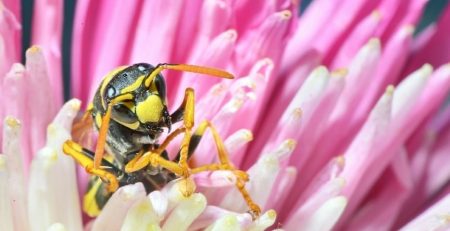The Biggest Problems Facing Science (Part 1)
According to the reporters at Vox Media, doubt is plaguing the field of science. “As reporters covering medicine, psychology, climate change, and other areas of research, we wanted to understand this epidemic of doubt. So we sent scientists a survey asking this simple question: If you could change one thing about how science works today, what would it be and why?” authors Julia Belluz, Brad Plumer, and Brian Resmick wrote.
According to the 270 scientists who responded “their careers are being hijacked by perverse incentives. The result is bad science.” Below are the biggest challenges facing science, according to Vox, and how they can be fixed.
1. Academics has a huge money problem
The solution: Increase available funding, taking competitive pressure off researchers. Bringing stability and predictability to the funding process would allow researchers to make long term plans and commitments to projects, while changing how grants are awarded (funding specific people and labs rather than individual projects) “would give scientists greater freedom to take risks with their work.”
2. Too many studies are poorly designed (due to bad incentives)
The solution: Respondents suggested that “rethinking the rewards system and building more transparency into the research process” would encourage stronger study design while discouraging positive results chasing. Some publications (such as “the aptly named Journal of Negative Results in Biomedicine“) are “making a point of accepting negative studies.”
3. Replicating results is crucial – and rare
The solution: To combat what is increasingly being called a “crisis of irreproducibility” Vox suggests institutions reward tenure positions or make new hires based on the quality – rather than quantity – of their research to encourage researchers to replicate studies rather than chase positive results. Making replicating studies easier – by making sharing methods of published research papers more robust and adding procedural supplements to the end of papers to “help anyone wanting to repeat an experiment.”
4. Peer review is broken
The solution: The researchers surveyed were surprsingly divided on this subject. To reduce bias, several suggested all journals move toward double-blinded peer review (where reviewers can’t see the names and affiliations of the person they’re reviewing, and authors don’t know who reviewed their articles). On the other hand, some thought that more transparency was the solution – this would allow authors to know who was reviewing their work and if there was a potential conflict of interest. Other publications, such as eLife, are implementing collaborative peer review processes, where “editors and peer reviewers work together on each submission to create a consolidated list of comments about a paper,” however, other respondents still argued that the review process needs to be entirely redesigned.
Stay tuned for the remaining top 3 problems to be published this week.
In the meantime, read the original article published in Vox here.














